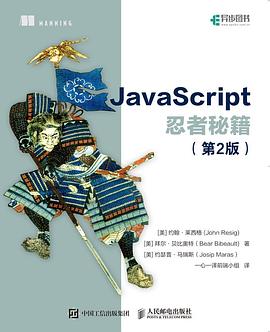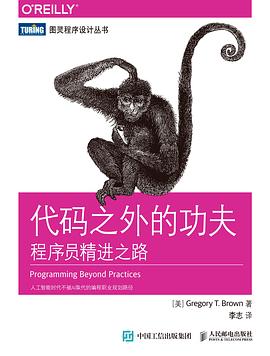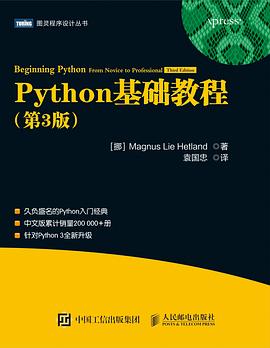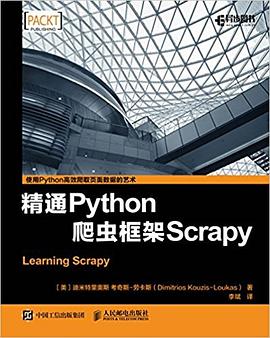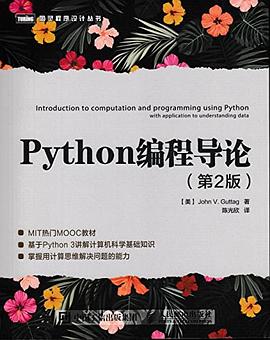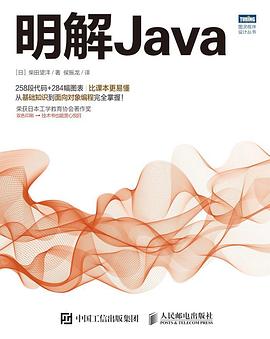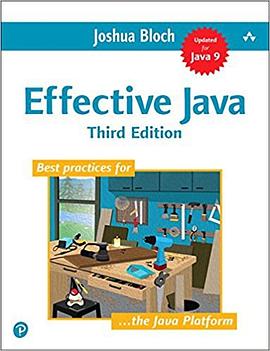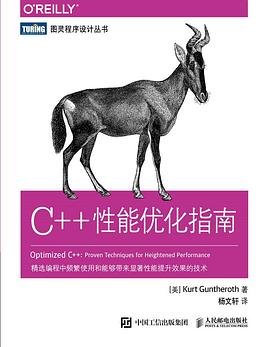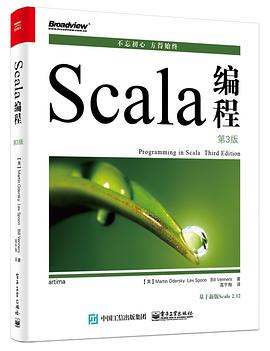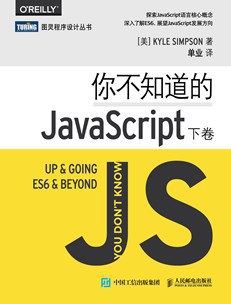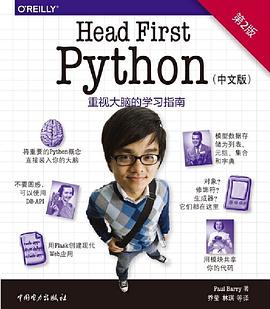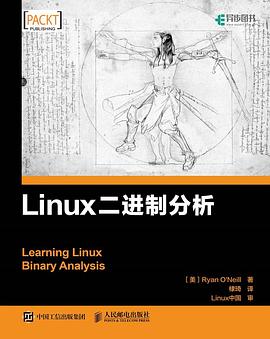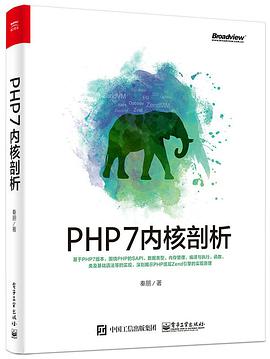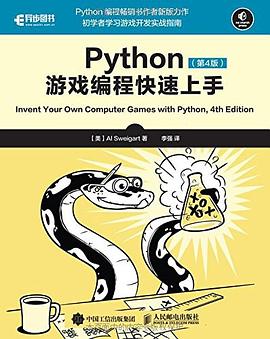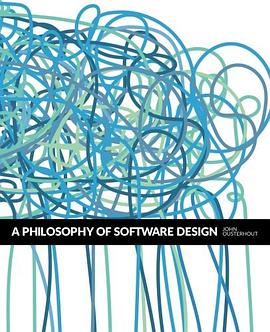

具體描述
John Ousterhout is the Bosack Lerner Professor of Computer Science at Stanford University. His current research focuses on new software stack layers to allow datacenter applications to take advantage of communication and storage technologies with microsecond-scale latencies. Ousterhout's prior positions include 14 years in industry, where he founded two companies (Scriptics and Electric Cloud), preceded by 14 years as Professor of Computer Science at U.C. Berkeley. He is the creator of the Tcl scripting language and is also well known for his work in distributed operating systems and storage systems. Ousterhout received a BS degree in Physics from Yale University and a PhD in Computer Science from Carnegie Mellon University. He is a member of the National Academy of Engineering and has received numerous awards, including the ACM Software System Award, the ACM Grace Murray Hopper Award, the National Science Foundation Presidential Young Investigator Award, and the U.C. Berkeley Distinguished Teaching Award.
This book addresses the topic of software design: how to decompose complex software systems into modules (such as classes and methods) that can be implemented relatively independently. The book first introduces the fundamental problem in software design, which is managing complexity. It then discusses philosophical issues about how to approach the software design process, and it presents a collection of design principles to apply during software design. The book also introduces a set of red flags that identify design problems. You can apply the ideas in this book to minimize the complexity of large software systems, so that you can write software more quickly
用戶評價
寫好代碼的最佳標準就是降低復雜性。解決復雜性的時候需要引入一些投資理念,很多看起來提高復雜性的方法長遠來看反而降低瞭復雜性。比如作者推崇閤理的代碼注釋,甚至先寫注釋再寫代碼,這樣可以更閤理地設計整個項目的瞭邏輯,降低總體風險。
評分##John Ousterhout, the author of this book who has built a number of influential systems (Tcl / Tk, Raft, RAMcloud, etc), has ever gave an impressive [talk at Google] which covers the same theme. In that talk, he asked the audience, "If you had to pick one id...
評分寫好代碼的最佳標準就是降低復雜性。解決復雜性的時候需要引入一些投資理念,很多看起來提高復雜性的方法長遠來看反而降低瞭復雜性。比如作者推崇閤理的代碼注釋,甚至先寫注釋再寫代碼,這樣可以更閤理地設計整個項目的瞭邏輯,降低總體風險。
評分##微觀設計層麵講得很全麵,define errors out of existence 引人深思。宏觀架構層麵需要參考 Design Data-Intensive Applications。
評分 評分##摘錄瞭一些自覺有意思的片段,理解有限,供參考~ 一 關於如何對待一些故障 In most applications there will be certain errors that it’s not worth trying to handle. Typically, these errors are difficult or impossible to handle and don’t occur very often. The sim...
評分##A clean, simple, and obvious design is a beautiful thing
評分相關圖書
本站所有內容均為互聯網搜尋引擎提供的公開搜索信息,本站不存儲任何數據與內容,任何內容與數據均與本站無關,如有需要請聯繫相關搜索引擎包括但不限於百度,google,bing,sogou 等
© 2025 windowsfront.com All Rights Reserved. 靜流書站 版權所有



